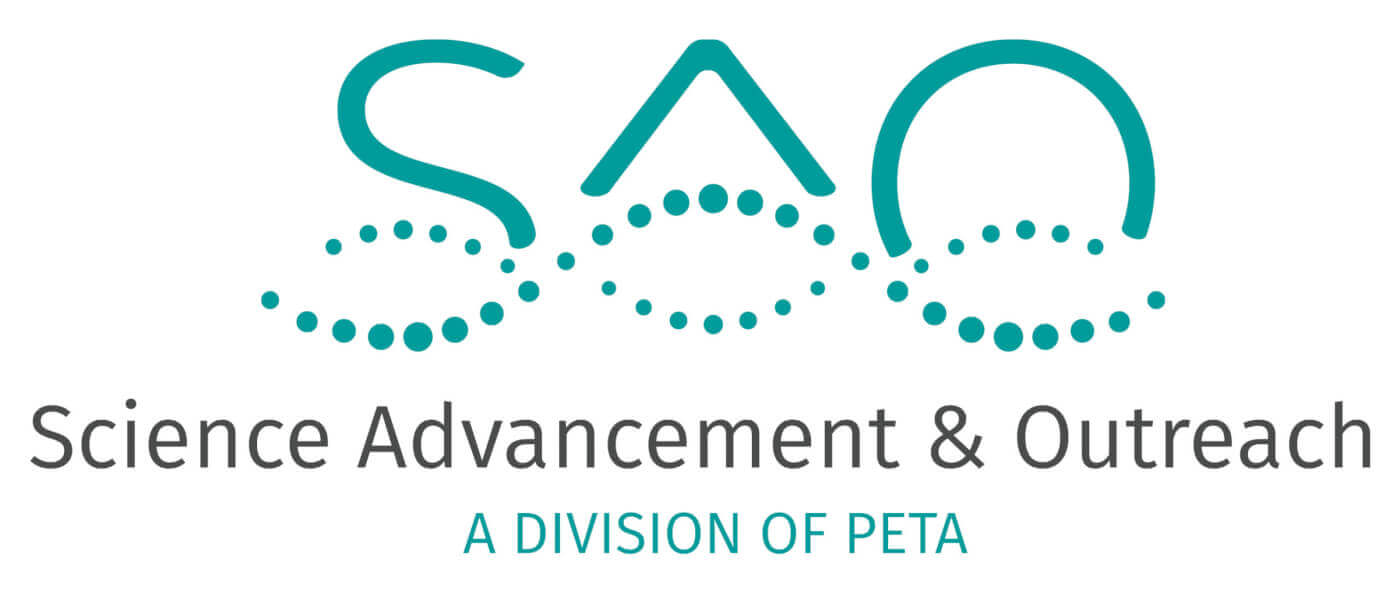The Entire Biomedical Research System Needs an Overhaul
Written by Dr. Katherine Roe
January 2023

The pressure to publish in academia has put biomedical research into a full-blown crisis. A system that promotes, publishes, and rewards only positive results leads to sloppy experimental designs, rushed data collection and analysis, reliance on outdated methods, image manipulation in scientific papers, and, in some cases, outright research fraud.
Some researchers analyze their data in multiple different ways in the hope of finding the desired p-value to have a “statistically significant” finding. Such “p-hacking” often leads to the publication of irreproducible results and the failure to publish many scientifically important but statistically insignificant data.
These problematic but all too common “scientific practices” waste time, money, and other resources in a futile attempt to reproduce results that were unreliable to begin with. Additionally, a recent survey showed that irreproducibility of data negatively affects the mental health of young scientists, who often question their own competence, or are derided by other researchers when unable to reproduce experimental data.
In the meantime, the public’s trust in science continues to dwindle and scientific and medical progress continues to stagnate, leaving an untold number of people without the health advances they desperately need.
But let’s not forget the other victims: the millions of animals being harmed and killed in biomedical research every year in experiments all but pre-ordained to fail. With an estimated reproducibility failure rate of up to 80% and a translational failure rate between 90% and 100%, most of these animals are suffering in vain.
The vast majority of results from animal experiments go unpublished, and lack of statistical significance is listed as one of the main causes. As written by Gerben ter Riet, et al., “Non-publication of ‘negative’ results appears to be prevalent in laboratory animal research. If statistical significance is indeed a main driver of publication, the collective literature on animal experimentation will be biased.” The authors estimated that only 10% of animal-based research is published overall, including their own.
P-hacking, HARKing, inadequate methods reporting, publication biases, and research fraud are not problems exclusive to animal-based research. The entire biomedical research system needs an overhaul. However, when tens of millions of animals are killed each year in experiments that cannot be reproduced do not translate to human cures, or are hidden from view and doomed to be repeated, the ethical implications are staggering and heartbreaking.

